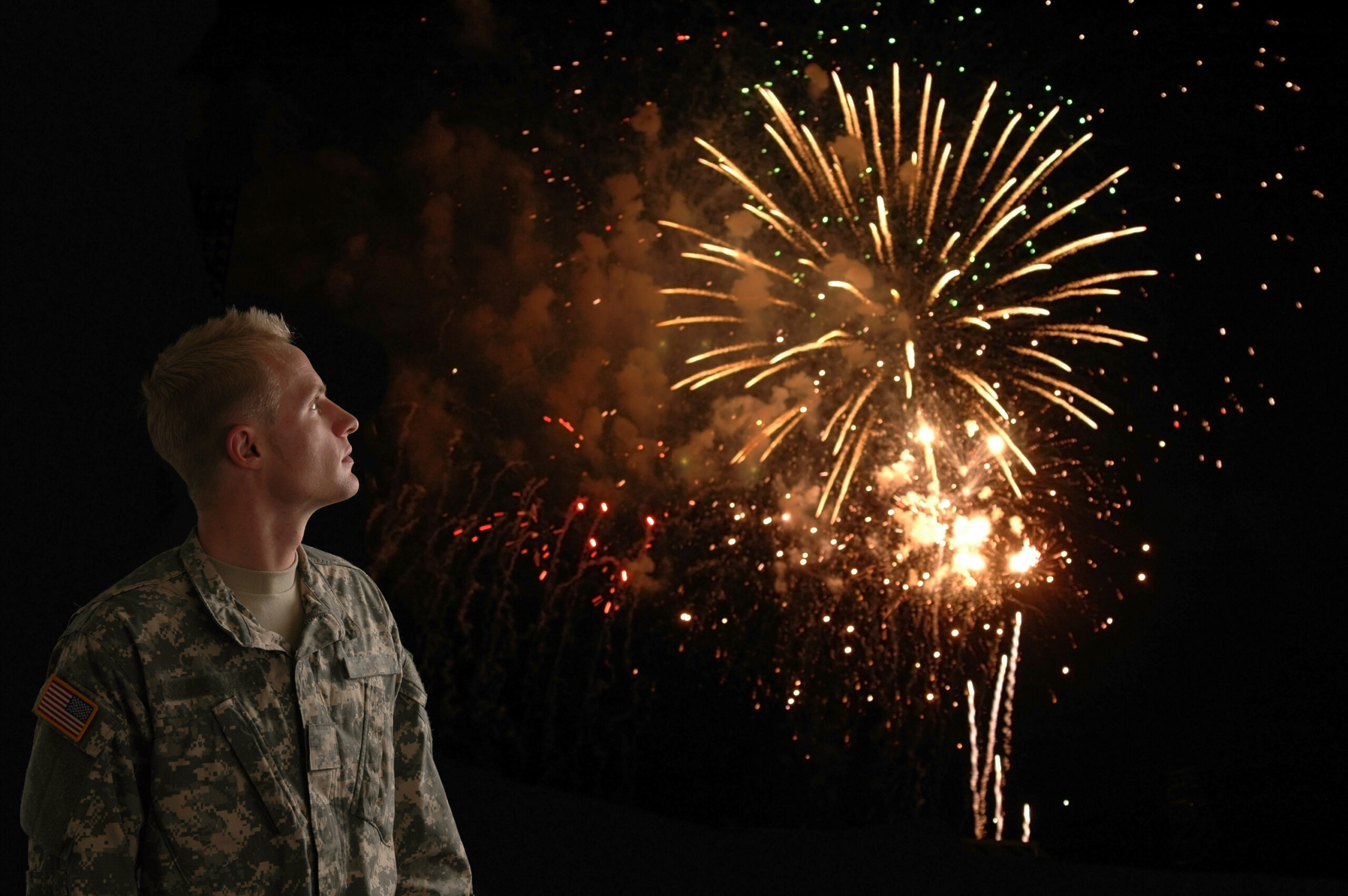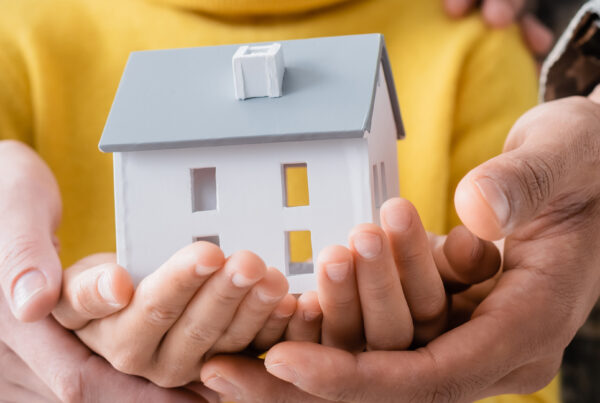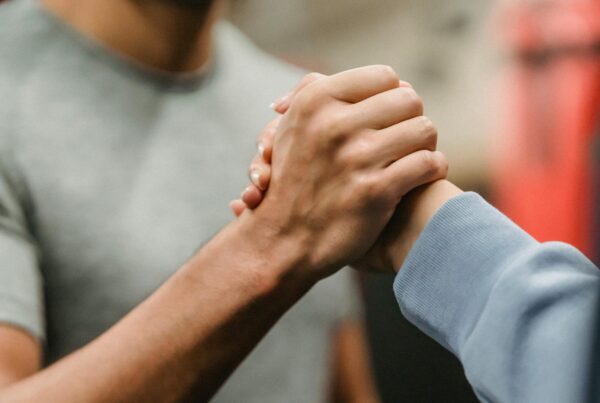By Rachel Brauner
Fourth of July is a time filled with parades and firework celebrations across the United States in commemoration of the Declaration of Independence. While fireworks are a traditional part of the Independence Day celebration in the United States, for some veterans, especially those with post-traumatic stress disorder (PTSD) or other combat-related conditions, the loud noises and flashing lights can trigger distressing memories and heightened anxiety. There is a growing recognition of the need for public awareness and support for veterans during fireworks displays.
Here are a few key points to consider regarding the impact of fireworks on veterans:
- PTSD Triggers: A study published in the Journal of Clinical Psychology found that fireworks were the most commonly reported trigger for PTSD symptoms among military veterans. Veterans who have experienced traumatic events during their service may associate the sound of fireworks with the sounds of explosions, gunfire, or other combat-related noises. These sudden and unexpected loud noises can trigger intense emotional and physical reactions, including anxiety, panic attacks, hypervigilance, and flashbacks.
- Sensory Overload: Fireworks involve not only loud noises but also bright lights, vibrant colors, and a combination of visual and auditory stimuli. For veterans who are sensitive to sensory stimuli due to their military experiences, the overwhelming nature of fireworks can lead to sensory overload and emotional distress.
- Sleep Disturbance: A study published in the Journal of Clinical Sleep Medicine found that fireworks-related noise disturbances during the Independence Day holiday resulted in sleep fragmentation and reduced sleep efficiency among veterans with PTSD. Fireworks, which are often set off late at night, can disrupt their sleep patterns and exacerbate existing sleep issues. Lack of quality sleep can negatively impact their overall well-being and make it more challenging for them to manage their symptoms effectively.
- Emotional Well-being: The Fourth of July is a time of celebration and patriotism, but for some veterans, the experience of fireworks can evoke a range of emotions. It may serve as a reminder of the sacrifices made during their service, evoke feelings of loss or grief for fallen comrades, or simply create a sense of unease due to the association with combat-related experiences.
- Social Isolation: To avoid the triggers and discomfort caused by fireworks, some veterans may choose to isolate themselves during Fourth of July celebrations. This isolation can prevent them from participating in community events or spending time with family and friends, leading to feelings of loneliness and further impacting their mental well-being.
It is important to recognize and respect the potential impact of fireworks on veterans, particularly those with PTSD or other combat-related conditions. It is also critical for communities and individuals to be mindful, understanding, and supportive of the needs of veterans during celebrations involving fireworks. Increased awareness and consideration for their needs can help create a more inclusive and supportive environment during Fourth of July celebrations. Communities can explore alternatives to traditional fireworks displays or implement measures to minimize the impact, such as designated quiet zones or notifying residents in advance to allow them to prepare or make alternative plans. Additionally, individuals can show support by reaching out to veterans in their lives, listening to their concerns, and offering understanding and empathy.













